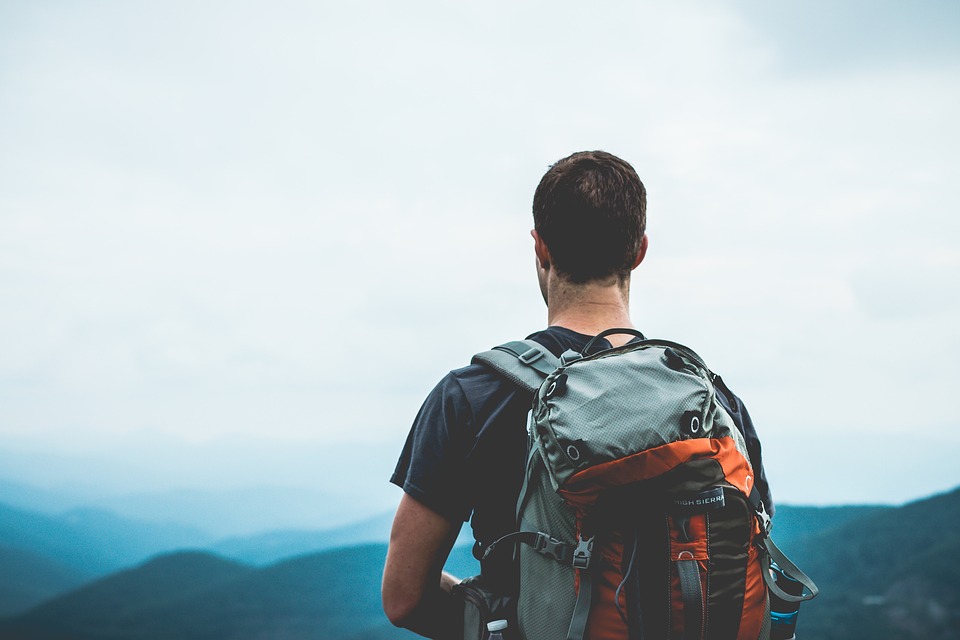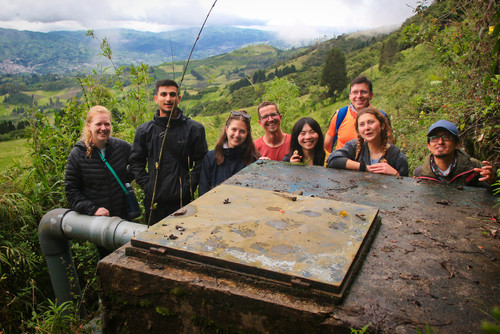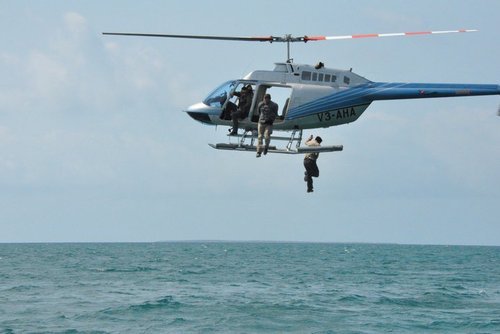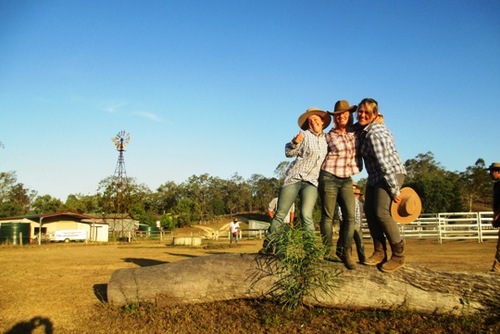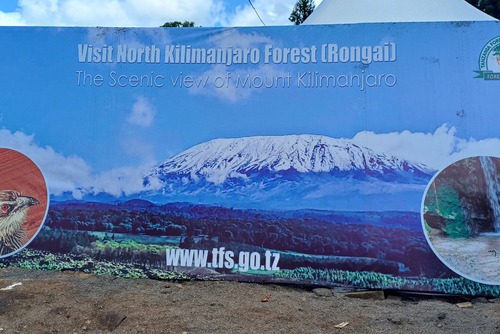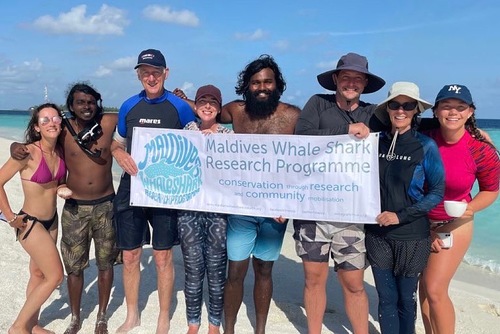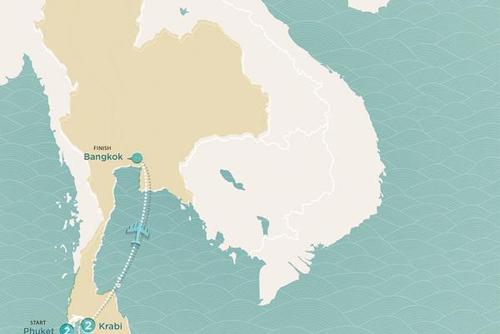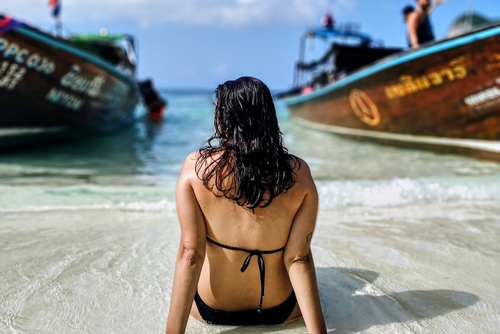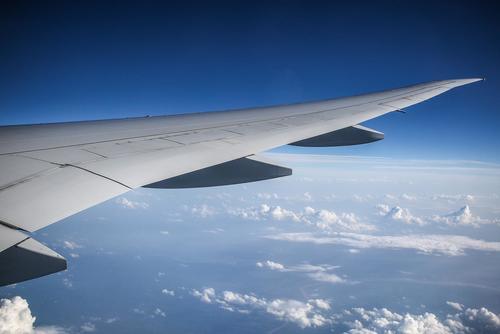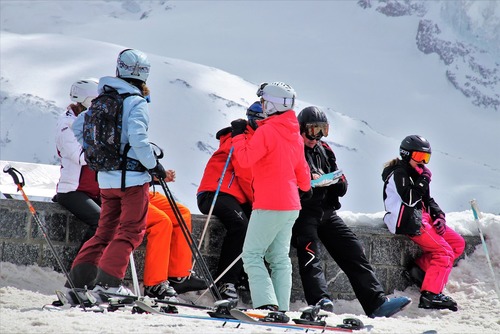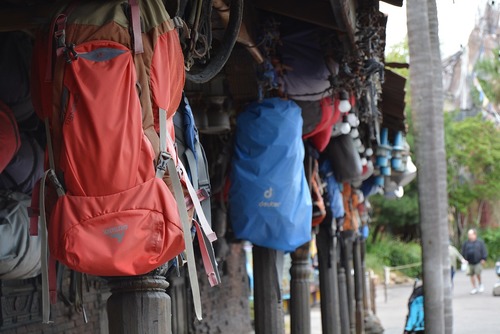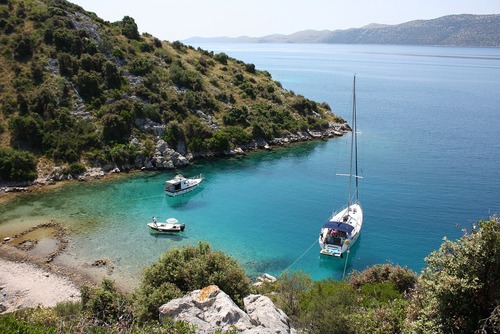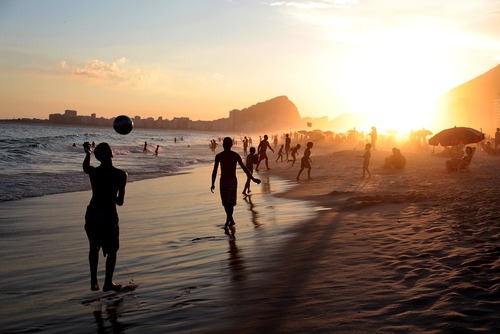Whether you are climbing Mount Kilimanjaro or swimming with sharks in Australia, there are so many thrilling, adventurous and potentially dangerous activities.
However, if you are putting yourself at risk of injury, you need to prepare more than the average traveller. Being an adventurer requires responsibility, looking after yourself and respecting your destination.
Here are some top tips to make your adventure holiday go as smoothly as possible.
1. Decide Where to Go
There are so many different destinations and experience available worldwide, you will need to work out which places interest you, how much time you have to travel and also what your budget is.
From walking, trekking, hiking, cycling, swimming... you can find trips all around the world, the hard part if deciding where to go.
Recommended trips include seeing Machu Picchu in Peru, cycling in India, wildlife safari in Kenya, diving with sharks in South Africa or overlanding South America just to name a few.
Be sure to research all destinations and trips so you don't avoid any disappointment and you really enjoy your time overseas.
2. Solo or With A Company
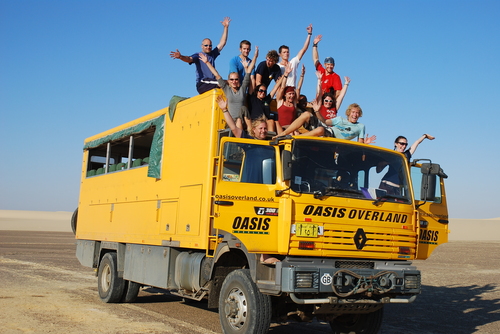
Travelling solo, or with friends/family can be a great experience but if you are after the ultimate adventure experience you might want to book a tour or trip with a travel agency.
They can help arrange everything from flights, itineraries and an experienced guide. Going solo and organising everything independently will be cheaper but you should also consider the structured route with a company.
3. Get Fit
You will need to be in good shape so what are you waiting for, get on your bike, join the gym or start jogging. You want to be as prepared as possible before arriving.
4. Check You Have the Right Equipment
With action packed holidays, you can’t leave everything to the last minute. Throwing jeans and a pair of sneakers into your rucksack might not be the best idea if you’re climbing up the Andes or trekking through the Amazon rainforest.
Check the climate closely, taking altitude into account. Bring suitable hiking boots and other activity specific equipment such as climbing ropes. This might sound obvious, but if it’s a brand new activity, you’ll need to research what clothing and equipment is required. Be prepared for all weather conditions too.
5. Get Insured
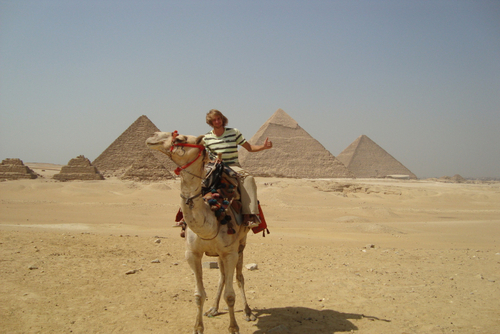
Travel insurance is recommended for any kind of travel, but if you are taking part in adventurous sports, then insurance is essential.
You are putting yourself at risk in an unknown environment that is new to you. As a beginner, you are more likely to make mistakes.
However, without insurance you could find yourself needing medical attention that you cannot afford. So this really isn’t a risk worth taking.
6. Learn the Local Lingo
If you are going to a foreign speaking country you might want to learn some local words and phrases before departing. This will help when travelling and is also potite to converse with local people in their own language.
Before departing, research more about the country and culture before arriving to stay onside of any laws and rules. You might also want to search language schools and book a class overseas.
7. Plan Ahead
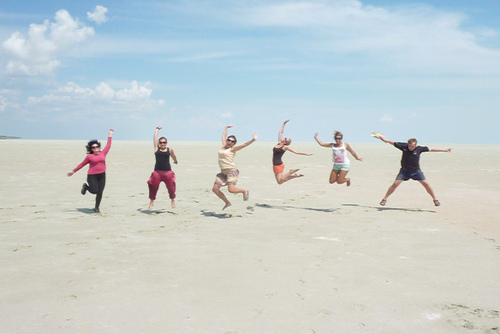
A great part of travel is living in the moment. However, you should save this for the adventure itself. Before attempting anything dangerous, make sure you have a good idea of what you’re getting yourself into.
While 360,000 people climb Mount Snowdon in the UK each year, just 4,000 have climbed Everest. If you’re looking to climb a mountain, you’ll need to first know where it lies between these two extremes and what fitness preparation is required.
Plan your routes carefully and prepare for the worst.
When it comes to dangerous and exciting adventures, preparation is everything. You’ll be able to squeeze the most out of your opportunity if you know you are backed up with insurance and have the necessary understanding and equipment. This way you’ll get all the benefits of personal growth that come with risk taking, while remaining safe and responsible.

